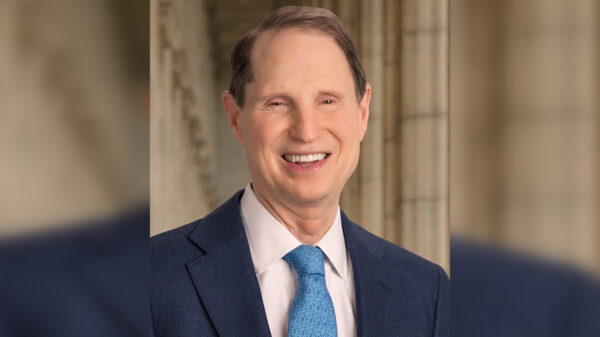Kevin Kincaid, the CEO of Knoxville Hospital and Clinics, recently shared insights on the potential implications of the One Big Beautiful Bill Act for rural healthcare facilities. This discussion forms part two of a comprehensive interview series aimed at unpacking the challenges and opportunities facing institutions in the current healthcare landscape.
The One Big Beautiful Bill Act, introduced in 2023, aims to reform healthcare funding, particularly benefiting rural hospitals like those in the Knoxville area. Kincaid expressed concern that while the act promises increased funding, it could also impose new regulations that may strain resources for smaller facilities.
Understanding the Legislation’s Effects
Kincaid highlighted that rural hospitals often operate on thin margins. He emphasized that any changes in funding structures need to be carefully evaluated. “While additional resources are vital, the rules surrounding their allocation must be practical for our operational realities,” he stated during the interview.
One major point of discussion was the potential for increased patient volume resulting from changes in insurance coverage. Kincaid noted that while this could lead to higher revenue, it also necessitates better staffing and infrastructure. He mentioned that many rural hospitals are already facing workforce shortages, which could be exacerbated if patient numbers surge without adequate preparation.
The CEO pointed out that hospitals must not only adapt to new financial models but also ensure they can deliver quality care. “Patient safety and service quality should never be compromised for the sake of financial gain,” Kincaid asserted.
Looking Ahead: Strategies for Rural Healthcare
As the healthcare sector continues to evolve, Kincaid believes that collaboration among hospitals, local governments, and community organizations will be essential. He urged stakeholders to engage in proactive discussions about the future of healthcare delivery in rural areas.
“Building strong partnerships is key to navigating these changes successfully,” he explained. “We need to work together to identify solutions that benefit both patients and providers.”
Kincaid’s insights reflect a broader concern within the healthcare community regarding the sustainability of rural hospitals. As policymakers consider the implications of the One Big Beautiful Bill Act, the voices of leaders like Kincaid will play a crucial role in shaping a future that prioritizes equitable healthcare access.
The full interview with Kevin Kincaid is available for those interested in exploring his perspectives further.







































































